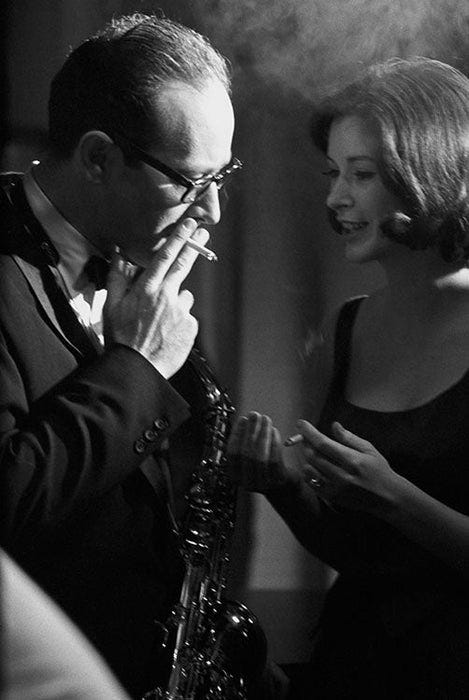Hipness Is What It Is
A cool, light, bluesy sound, the feeling that he popped out of the womb wearing a business suit and horned-rim glasses, smoking, and with a blond on his arm, Paul Desmond was an icon of hipness

Listen to Paul Desmond, what do you hear? The epitome of a cool emotional tone, means understate…
Keep reading with a 7-day free trial
Subscribe to Kill Yr Idols to keep reading this post and get 7 days of free access to the full post archives.

